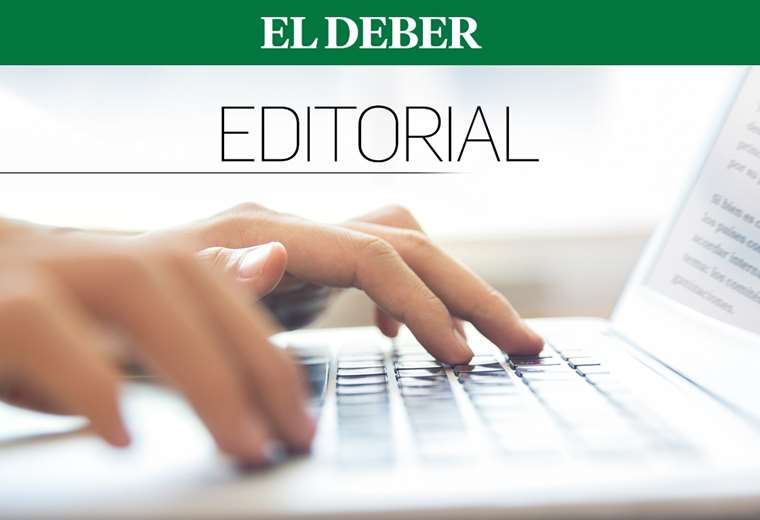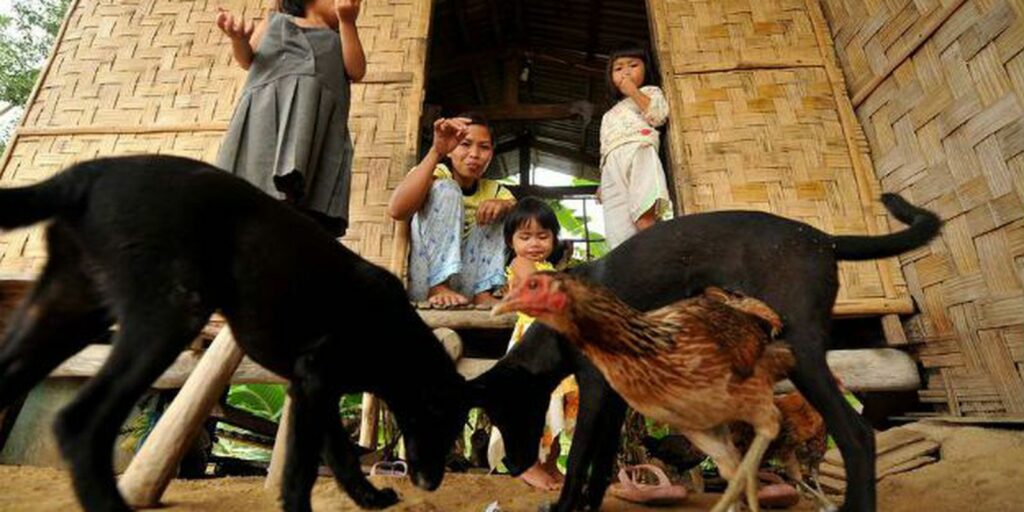September 26, 2022, 6:00 AM
September 26, 2022, 6:00 AM
It went almost unnoticed, but the previous week the Special Rapporteur on Toxic Substances and Human Rights of the United Nations Organization (UN), Marcos Orellana, expressed his concern about Bolivia’s scant efforts to reduce the use of mercury, control the situation and avoid damage that affects the environment and indigenous peoples.
“I see the increase in mercury contamination generated by small-scale mining that affects indigenous peoples; and not only in Bolivia, in the entire Amazon basin; the illegal traffic that goes to neighboring countries (…). This situation is generating serious impacts on effective human rights,” said the rapporteur at the seminar “Mercury in gold mining: situation and alternatives”.
The problem is as deep as it is old and it accelerates over time. But the blind gaze of state control aggravates the situation. The indiscriminate use of mercury to ambitiously obtain gold is destroying the environment, human health and the risk of the disappearance of at least one ethnic group in Bolivia.
They hide behind the nomination of cooperatives and do not respect labor laws or the corresponding payment of taxes. But these “cooperatives” do not function as such, they are just screens where some invest resources and others exploit the work. They lack an environmental license to operate and do not have mining rights.
They work in several territories, in the Amazon basin, in the north of La Paz, in Pando, in Beni, in Cochabamba and they keep moving, looking for the precious metal without hesitation.
Mechanized exploitation, with caterpillar tracks and heavy machinery, moves permanently and takes over territories, destroying the course of rivers, deforesting forests and, of course, polluting the water and the air. None of the state levels has control of this situation, nor is the number of cooperatives that carry out these illegal practices known.
The defenders of Pachamama do not live there to tell about it.
Last June, the clashes with gunshot wounds that occurred in Unión Pauje, municipality of Apolo in the province of Franz Tamayo (La Paz), due to subjugation of territories for mining exploitation, were publicized. Not only threats, but intimidation, kidnappings and burning of houses. The terror unleashed in the dozens of communities has no name, as well as the impunity of some mafia groups that rule at will and with violence.
The supervisory bodies say little or nothing about it, and some even minimize it and others distance themselves from the problem by washing their hands.
The true consequences are also unknown in real dimension. According to the UN report, the Esse Ejja natives have “extremely” high levels of the toxin in their bodies. They live in the Beni basin and their diet depends on fish, a food contaminated with mercury. We are talking about ethnocide.
Bolivia is today the main importer of mercury in the region and, as if that were not enough, some speculators sell it to other neighboring countries where it is prohibited, creating international nuisances.
Nobody wants to ‘bell the cat’ on this complex issue. How long will we keep looking the wrong way? The problem will get bigger while we watch, with our arms crossed, how people die and our forests are polluted. Someone must, sooner or later, pay this bill.
















